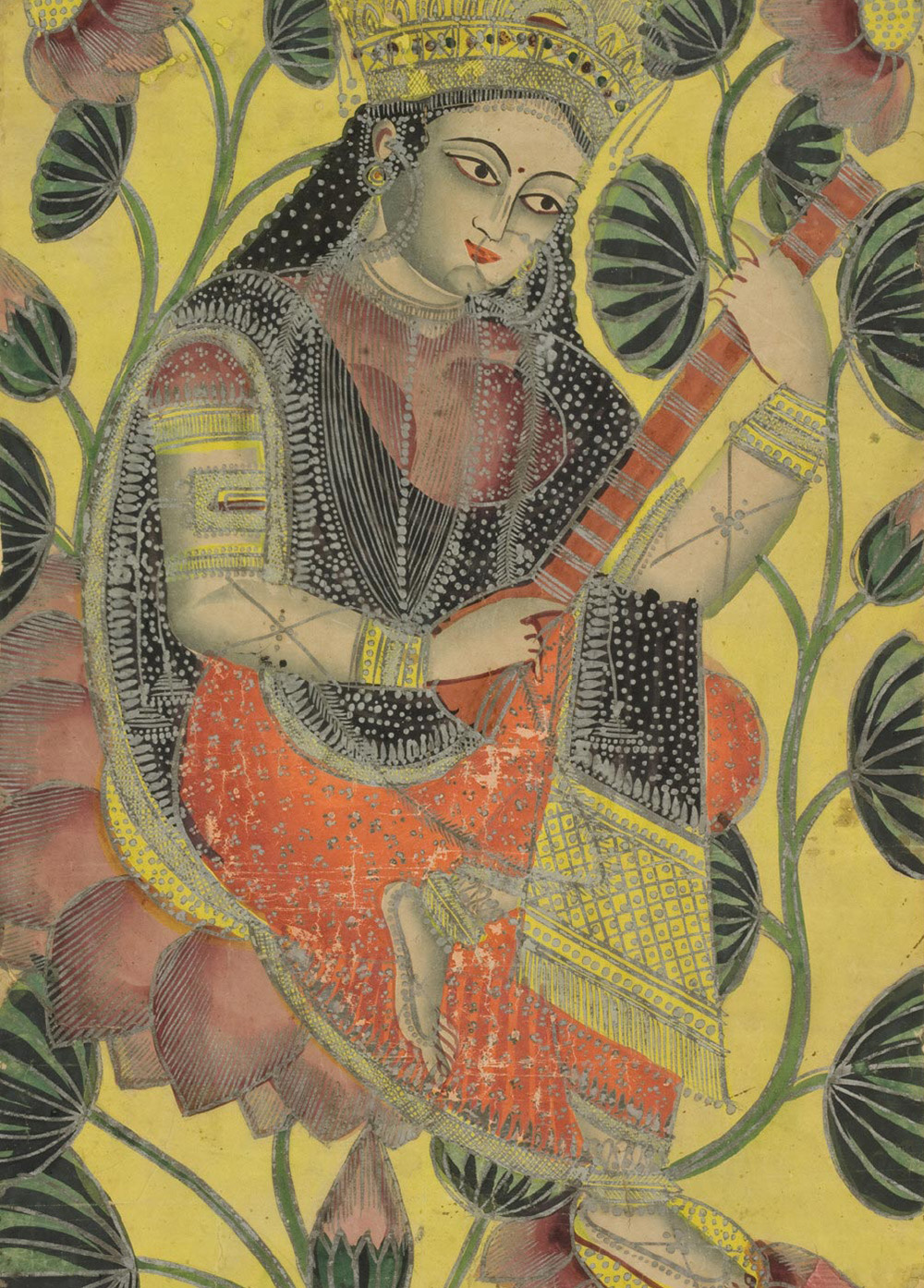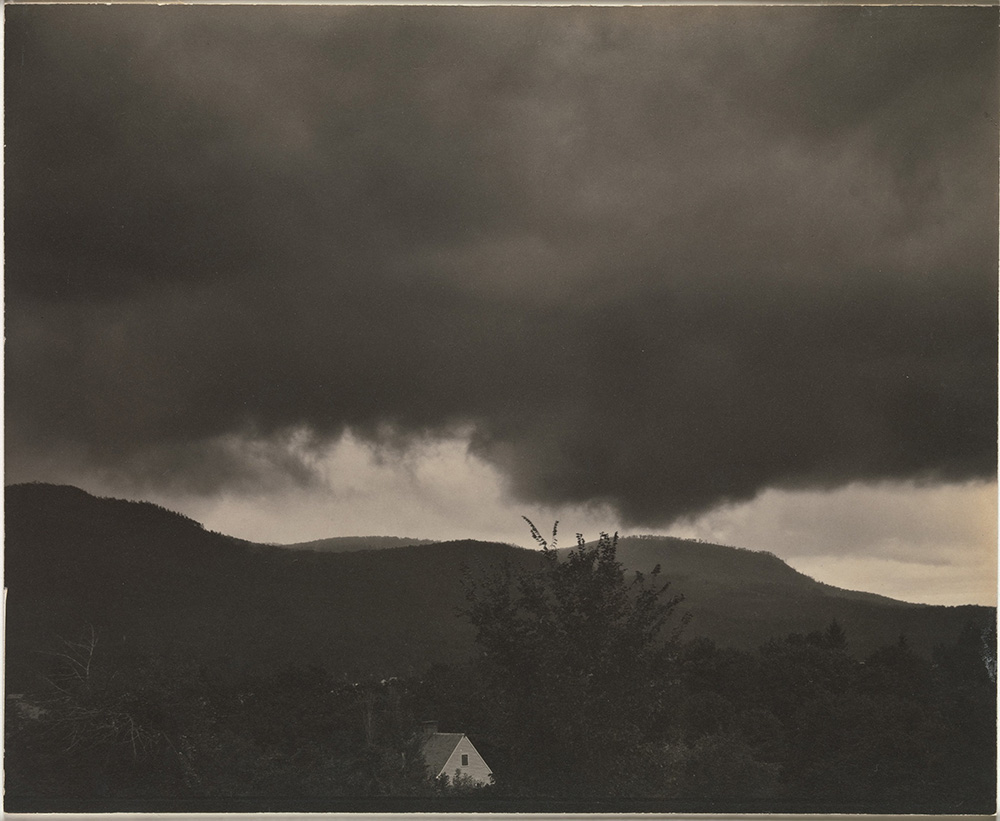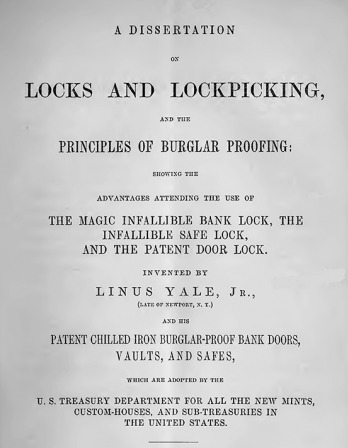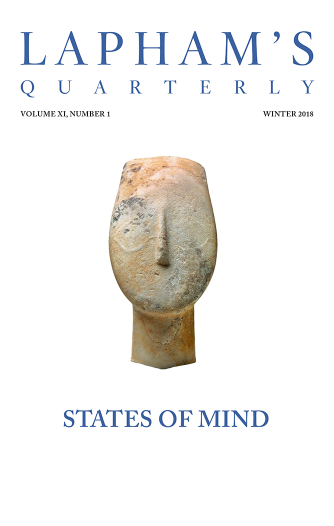If you have any soul worth expressing, it will show itself in your singing.
—John Ruskin, 1865Master Class
The scale of a new form emerges.
N0rthernLightt: Which minor scale is commonly used in EDM [electronic dance music] and modern music in general these days? Do you guys think I’m okay if I learn the major and natural minor scales inside and out and don’t focus on the harmonic/melodic minor?
dr_steve_bruel: Why not learn both?
N0rthernLightt: Well, it would be four scales then, and that could be confusing since I’ve only been producing for three months. I’m kinda getting the hang of it with the major and natural minor scale, so I was just wondering if it really would be necessary to get into the harmonic and melodic minor as much as the major and natural minor.
dr_steve_bruel: Trust me, the more you study music theory, the more you’ll realize most scales are the same, just with a different starting point or a sharpened note. I know it can be pretty confusing, but if it weren’t, everyone would be an amazing musician.

Hindu goddess of knowledge and music Sarasvati playing a type of vina named after her, India, c. 1850–75. © Philadelphia Museum of Art, Stella Kramrisch Collection, 1994.
N0rthernLightt: I’ll try to keep learning every day. Thanks for the input.
dr_steve_bruel: Yeah, I’m not trying to sound like a dick or anything. I hear all the time on this sub of people saying you don’t have to learn theory, and that’s all fine if you want to make bland music. Just put the effort in and you’ll reap the benefits.
N0rthernLightt: I’m totally with you. I started with the basics, and I’ve tried to get as much theory in me as I can almost every day for the last month. I want to know everything about chords, scales, etc. I would hate the fact of not being able to write down what’s in my head (which I still mostly can’t, but I’m getting there), so I think that in order to write beautiful electronic music, you need to know at least the basics and work yourself up from there. I couldn’t believe how much my production quality went up when I started to use inversions/suspended chords/voice leading in my projects (even at this early point).
MomoiroKaichou: The majority of dance records used to be written in A minor, D minor, or E minor. I’m gonna go out on a limb and say that still somewhat holds up. Whatever you decide not to learn is ultimately limiting your production abilities.
N0rthernLightt: Very true. I think I’m still going to stick to the major and natural minor for now, and as I get better with it, maybe try out the harmonic and melodic in the next few months.
gannuman33: The cool thing is that harmonic minor is something you’ll use to make strong voice leadings in natural minor, which it lacks, so going through what you listed will get you there naturally! A friend’s tip for learning music theory: don’t get too attached to the things you’ll learn. Keep learning constantly so you’ll always have new musical ideas to play with. This will keep you inspired and won’t let you stagnate, but never follow any rule strictly or just because someone more experienced told you so. Explore these musical ideas for yourself and obey only your ears. Remember that music theory is an open field, nothing is set in stone, and everything comes down to personal preferences. So, above all else, have fun learning and tinkering your way through! Music theory is awesome!
Jakelille: Another thing—although they are referred to as two completely different scales, there is little difference in the notes between all three minor scales. In melodic, you only transpose one half step up the last two notes to get an ascending effect. And in harmonic minor, you just raise the seventh note by a half step. Yes, it’s more memorization, but it’s two notes that can be an in-head calculation fairly quickly, especially if you know natural minor.
rothk0: I don’t see why restricting yourself to certain scales is necessary. It’s just different notes in different scales. All the general trends are the same.
Chesterlespaul: When I was going through songs for my DJ set and marking keys, I couldn’t believe how many dubstep/trap songs are in F minor. E flat and G minor seem to be popular in heavy songs. Maybe has to do with the bass hertz frequency.
Renomz: F minor totally. I’ve heard a lot of artists say it’s their favorite key, if that means anything. You should just switch keys every new song. You don’t have to learn everything by heart. Just know the pattern for a major scale. Start off later in the major scale, and you’ll realize a natural minor is simply an offset major scale…goes on with modes and such. Have fun :)
beardmother: Can’t go wrong with Dorian or pentatonic scales! Novice Dorian: start the scale on D on white keys. Novice pentatonic: start with D-sharp. Hit any black keys and just jam.

Music—A Sequence of Ten Cloud Photographs, No. 1, by Alfred Stieglitz, 1922. © The Metropolitan Museum of Art, gift of David A. Schulte, 1928.
Holoscenes: A lot of these answers are misleading. Changing the root note doesn’t change the scale. A minor and D minor are the same scale, just starting at different places. If what you’re wondering is which scales are best to know, just learn A minor and then shift into the appropriate key in the software with a pitch effect to play something in any key you want. As far as which scales are most useful, no one really uses harmonic or melodic minor anymore. Besides, harmonic minor pentatonic is useful. Also, Phrygian dominant can be cool for that Eastern sort of sound like DJ Snake.
N0rthernLightt: Thanks, this is kinda the answer I was looking for :) I’m okay with the piano roll and don’t need the scale effects. I was just interested if today’s music is making use of melodic and harmonic in the same way as the natural minor or major scale. But now I know.
About This Text
From a Reddit discussion thread. Born out of late 1980s DJ culture, electronic dance music—a catchall term for many types of club music—exploded in mainstream popularity in the 2000s. By 2012, wrote Gideon Lewis-Kraus in GQ, “a gentleman named Skrillex, whose music sounds like a computerized raccoon fight, took home three Grammys” and was nominated for Best New Artist. The global EDM industry has been valued at more than $6 billion, while the broad availability of audio software has facilitated a worldwide community of amateur producers.




